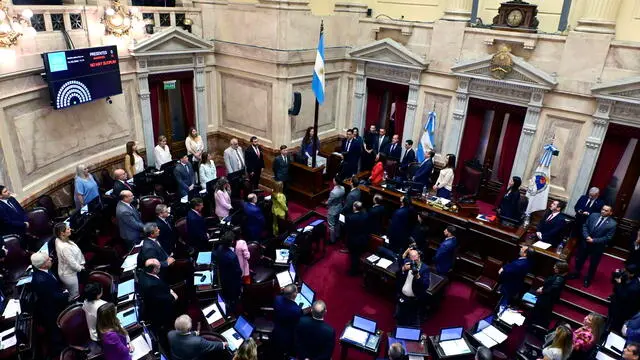Il Senato affossa in prima lettura il mega decreto di Milei

BUENOS AIRES, 14 MAR - Con 42 voti contrari, 25 favorevoli e 4 astensioni il Senato argentino ha respinto il megadecreto del governo di Javier Milei sulla deregolamentazione dell'economia che passerà adesso all'esame della Camera dei deputati. Per essere definitivamente respinto il decreto deve essere bocciato da entrambe le Camere del Parlamento. Il capogruppo del peronismo, il senatore José Mayans, ha giustificato il voto del suo schieramento sostenendo "l'incostituzionalità del decreto". In linea generale l'opposizione, inclusa quella cosiddetta dialoghista, ha respinto il concetto di un megadecreto di oltre 360 articoli da approvare in blocco e ha invitato il governo a ripresentare alcune delle proposte contenute nel decreto pure garantendo la disponibilità a discuterle separatamente. In caso di sconfitta anche alla Camera si tratterebbe della prima volta che viene respinto dal Parlamento un decreto presidenziale dal ritorno della democrazia nel 1983.
Riproduzione riservata © Giornale di Brescia
Iscriviti al canale WhatsApp del GdB e resta aggiornato
